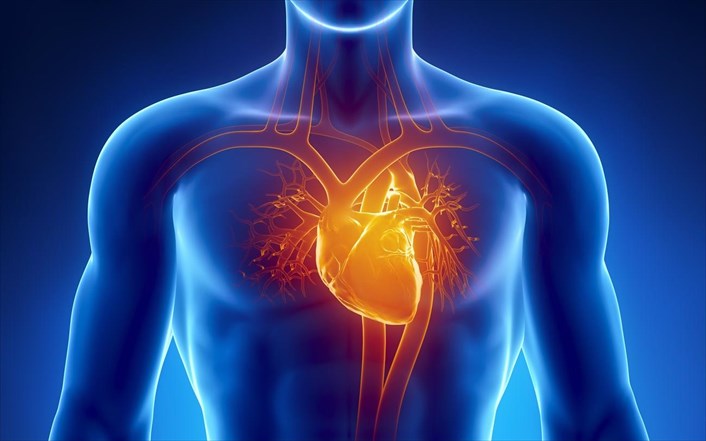5 Signs That Your Arteries Are Clogged
March 27 2018
If you have a blocked artery within your heart, you may be suffering from coronary artery disease (CAD). This disease is caused by the build-up of cholesterol and fatty plaques within the arteries, a condition referred to as atherosclerosis.
Atherosclerosis can interfere with the blood flow to the heart by causing narrowing or blockage of the arteries. If the heart does not receive enough oxygenated blood, it will not function normally, which can lead to a heart attack. People with CAD can develop signs below that indicate an artery within the heart is blocked:
Angina
Angina is the most common symptom of a blocked artery in people with CAD. People with angina typically report experiencing discomfort or pain within the centre of the chest. This pain can sometimes be described as a sensation of heaviness, numbness, tightness, aching or burning in the chest. Chest pain can also spread to other regions of the body if you develop a blocked artery. Your chest pain can radiate into the arms, back, stomach, neck or jaw. If you develop symptoms of angina, seek emergency medical care immediately because this condition is also a sign of a heart attack.
Difficulty Breathing
If you develop a blocked artery within the heart, the National Heart Lung and Blood Institute explains that breathing difficulties can also occur. If you experience shortness of breath, walking up a flight of stairs or performing normal daily activities can be difficult. If your heart does not receive an adequate supply of blood, fluid can begin to build up within your lungs and cause significant breathing problems. Seek emergency medical care if you have breathing difficulties because this is also a symptom of heart failure and heart attack.
Nausea
Certain people who develop a blockage within an artery of the heart experience nausea as a consequence of this condition. Additional gastrointestinal symptoms such as abdominal pain or vomiting can also occur in some people.
Dizziness
A blocked artery within the heart prevents oxygenated blood from reaching the brain. If this occurs, dizziness, lightheadedness, fainting or loss of consciousness can occur in certain people. Extreme weakness or anxiety can also be a sign of a blocked artery in certain instances. If you develop any of these symptoms, seek emergency medical care as soon as possible.
Irregular Heartbeat
A rapid or abnormal heartbeat could be an indication that you have a blocked artery within your heart. If your heart is not receiving enough blood due to the blockage, it will start pumping faster to try to bring more blood into the heart. A rapid heart rate could also cause you to experience dizziness or chest pain. Contact your doctor if you notice a change in your heart rate.
Sourced from HealthDigezt.
